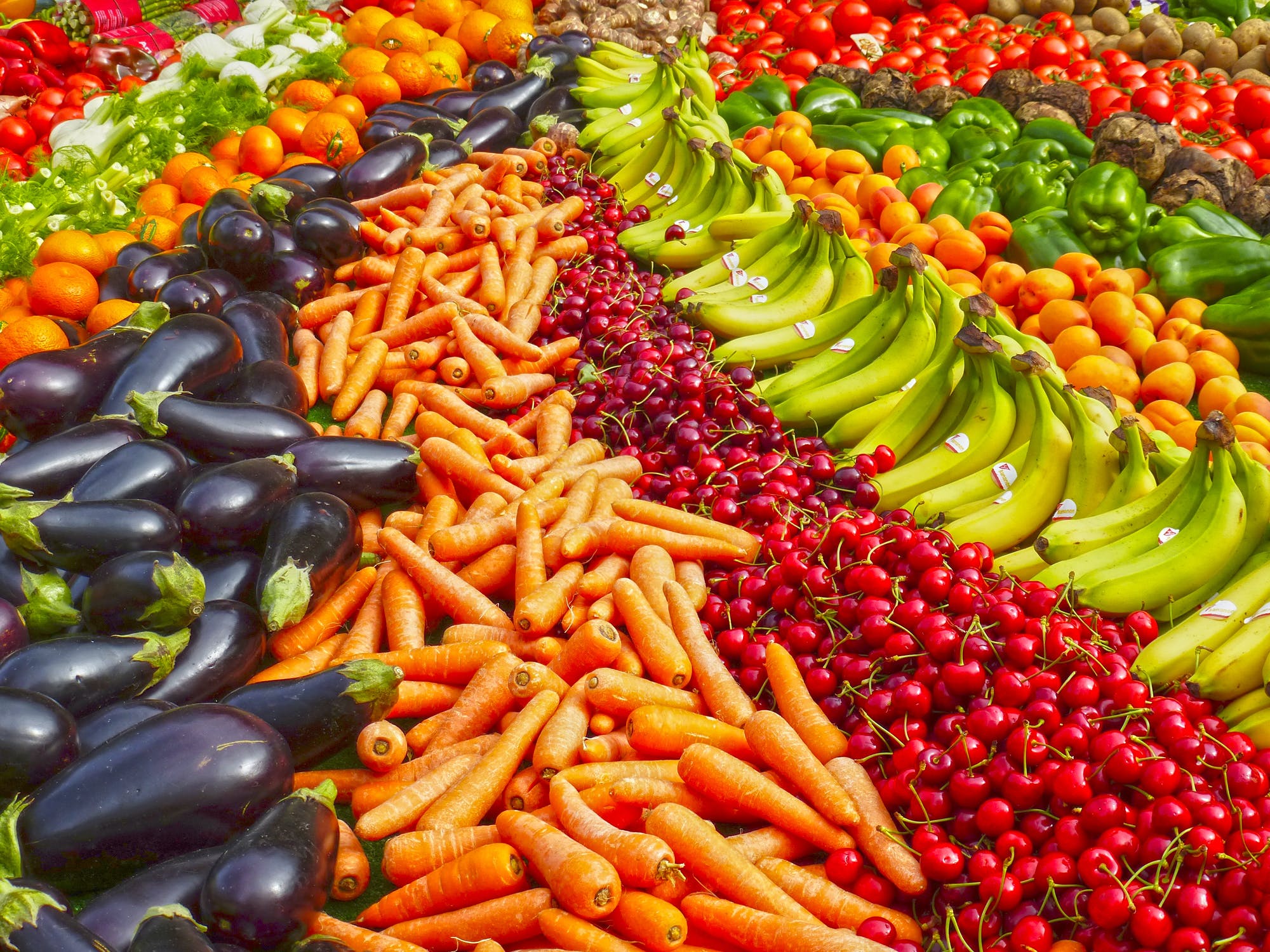Brits wrongly believe frozen foods contain fewer nutrients than fresh foods
Experts have debunked a series of myths around frozen food which millions of Brits believe to be true.
Researchers who carried out a detailed study found one fifth of consumers wrongly believe frozen fruits and vegetables contain fewer nutrients than their fresh counterparts.
Another one in 12 mistakenly think frozen food doesn’t last as long as a fresh product while another one in ten reckon frozen food is more expensive.
And two fifths are of the opinion frozen foods are filled with preservatives to give them a longer shelf-life.
Others myths surrounding frozen meals are that you can’t safely cook them from frozen, with four in 10 believing you aren’t supposed to heat food from frozen.
Following a study of 2,000 adults by Birds Eye, dietitian and health writer, Laura Tilt said: “Many, but not all, foods can be cooked from frozen.
[youtube https://www.youtube.com/watch?v=rpZ8or5_FBQ?enablejsapi=1&autoplay=0&cc_load_policy=0&iv_load_policy=1&loop=0&modestbranding=0&rel=1&showinfo=1&theme=dark&color=red&autohide=2&controls=2&playsinline=0&]
”Examples include chicken breasts, mince, pizza, fruit and vegetables, fish and ready meals.
“The best advice is to check the packet of the food for specific cooking and heating instructions.”
The study also found nearly two thirds don’t think that all types of food can be frozen, but experts revealed the opposite is true.
The truth is that only a few foods aren’t ideal for freezing, such as eggs, both raw and cooked, or vegetables with a high water content as they tend to go mushy upon defrosting.
Around one in four believe you can refreeze food once it’s thawed without cooking it first, which is also false because you can refreeze it but must cook between thawing and refreezing.
Furthermore, 12 per cent weren’t aware frozen food can be part of a health diet.
Others – 38 per cent – believe you can’t keep frozen food past it’s expiry date when in fact you can, although its quality will deteriorate.
Finally 41 per cent believe it’s dangerous to defrost certain types of food on the counter, when in reality but it should, ideally, be defrosted in the fridge to prevent it entering the danger zone of five to 63 degrees.
The study also found that, as a nation, we get through 300 million frozen food items a week, from frozen fruit and veg to frozen fish.
And six in 10 said there are certain foods they would prefer to buy frozen, including peas, fish fingers and fish fillets.
It also emerged peas come out on top as the most regularly consumed frozen food, ahead of chips and even ice cream.
Three quarters of us typically opt for frozen foods because of the convenience of it, while three fifths choose frozen as the foods will last longer.
Tilt added: “Two fifths of Brits believe frozen foods are filled with preservatives but the actual freezing process preserves the food, so added preservatives aren’t required.
“Similarly, one third reckons the foods in your freezer are packed with salt but frozen foods don’t actually contain any more salt than fresh. And some frozen foods, like fruit and vegetables, don’t contain any salt at all.
“It’s helpful to look at nutrition labels if trying to cut down your salt intake – both of fresh and frozen foods.”
A spokesman for Birds Eye said: “Birds Eye are committed to delivering delicious nutritious food.
”Frozen food can be a really valuable addition to a family’s weekly diet, as the freezing process locks in the ‘good stuff’.
”And, let’s face it, kids are always changing their minds about what they want to eat – so frozen food is a great way to get a balanced diet without wasting food.”
Lauren Woodley, a Nutrition Manager at Birds Eye, added: “Freezing is great as ice is nature’s preservative, locking in the nutrients and goodness of foods.”
* Birds Eye (https://www.birdseye.co.uk/nutrition/frozen-food-myths), worked in partnership with Laura to debunk the myths surrounding frozen foods and freezing.
Top 20 most popular freezer foods:
1. Peas
2. Chips
3. Ice-cream
4. Fish fillets
5. Bread
6. Pizza
7. Sausages
8. Plain chicken
9. Fish fingers
10. Ready meals
11. Breaded chicken
12. Burgers
13. Ice lollies
14. Yorkshire puddings
15. Sweetcorn
16. Green beans
17. Broccoli
18. Carrots
19. Roast potatoes
20. Desserts

